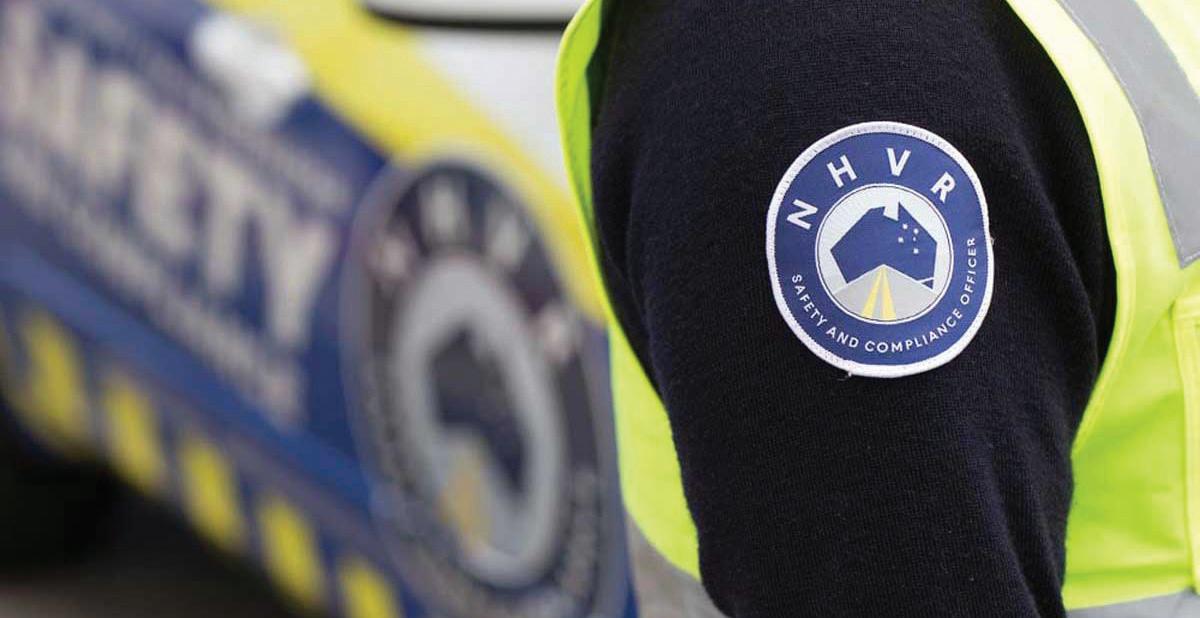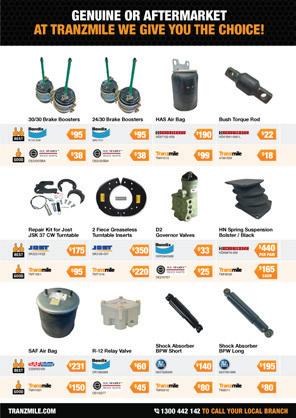
1 minute read
Tougher penalty imposed for primary duty offences
THE National Heavy Vehicle Regulator (NHVR) is currently looking at what duties you perform, not the title you hold and this has seen higher penalties when it comes to breaches.


The Supreme Court has imposed a tougher penalty for primary duty offences under the HVNL. While no accidents or injuries formed any part of the complaint, the court focused on risk and deterrence. The court considered that the safety measures already in place were plainly inadequate. Although the schedulers were not deliberately avoiding their obligations, they failed to safely schedule drivers and check drivers’ documentation to ensure compliance with the HVNL.
It’s not just haulage companies being prosecuted, the NHVR laid charges against an excavation company for breaching its duty to ensure the safety of its transport activities, which included a failure to have procedures and policies in place for vehicle maintenance and mass management.



The court fined the excavation company $112,000 and made a Supervisory Intervention Order (SIO) with an expected cost of over
$260,000. The order requires the company to do several safety initiatives including conducting training in compliance and implementing mass measurement devices on their fleet.
NHVR acting executive director Belinda Hughes said,

“Although the fine is significant, we are more interested in improving the companies’ safety by requiring them to implement appropriate safety systems and processes.”

This outcome shows that repeat offenders will be held accountable and if you are operating a haulage vehicle with a mass of 12 tonne or over combined, or a bus with 12 seats or more, for any reason, the Chain of Responsibility means all parties in the road transport supply chain are able to be held responsible for their actions or inactions relating to breaches of fatigue, speed, loading/unloading, mass and dimension and maintenance.
Compliance can be achieved using a proactive approach ensuring CoR training in the Chain of Responsibility, implementing a Safety Management System addressing the CoR responsibilities and ensuring to monitor CoR responsibilities are being adhered to.










